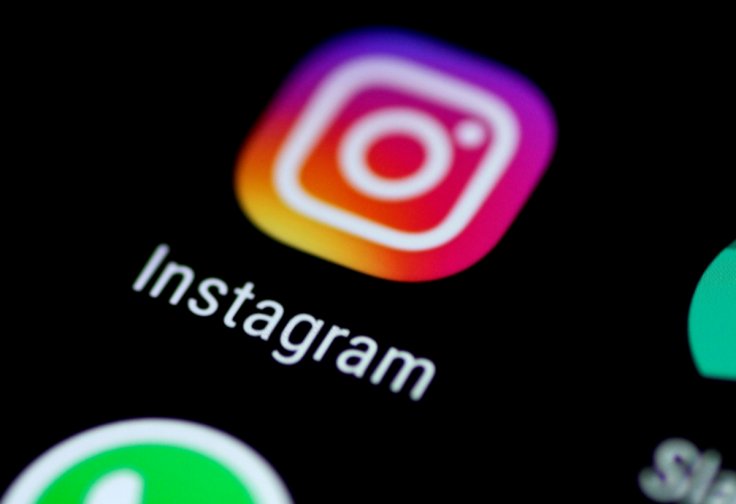
In these trying times for Facebook, even the smallest steps taken by the world's largest social networking platform draws close inspection. But Mark Zuckerberg has been anything but subtle in taking bold steps to steer his multi-billion-dollar company into the right directions. Now, a report has emerged revealing Facebook CEO's big plans to integrate the social networking sites' messaging services.
According to an NYTimes report, Facebook-owned WhatsApp, Instagram and Messenger apps will be integrated soon, bringing together three of the biggest messaging apps with a combined user base of over 2.6 billion. But it's worth noting that the plan is still in its nascent stage, expected to be completed by the end of this year or early 2020.
The integration of WhatsApp, Instagram and Messenger has sparked a debate online with experts questioning how this would affect the security of users' chats. But Zuckerberg has that covered as the Facebook boss has ordered all apps to be end-to-end encrypted, sources revealed. Currently, only WhatsApp offers end-to-end encryption and Messenger offers the highest standard of security for chats on demand. Instagram has no such security.
The report notes that all the integration isn't going to be an easy task. It requires thousands of Facebook employees to reconfigure how WhatsApp Instagram and Facebook Messenger function at their most basic levels, people familiar with the matter told NYTimes. But the end result is going to benefit Facebook, which stands to win big in terms of ad revenue from Instagram and WhatsApp.
Even if we have to leave the technicalities to the engineers at well-resourced Facebook, the question – how does all of this affect end users – remains unanswered. Below are some of the pointers to help users understand what the integration of WhatsApp, Instagram and Facebook Messenger mean.
WhatsApp, Instagram, Facebook Messenger will continue to work independently
The integration between the three services will allow users to message someone on another platform
Facebook says it wants to "build the best messaging experiences we can; and people want messaging to be fast, simple, reliable and private"
But Facebook, at the moment, is figuring out the finer details on how to make this big integration plan work, so more details are likely to be followed soon. Stay tuned for updates.









